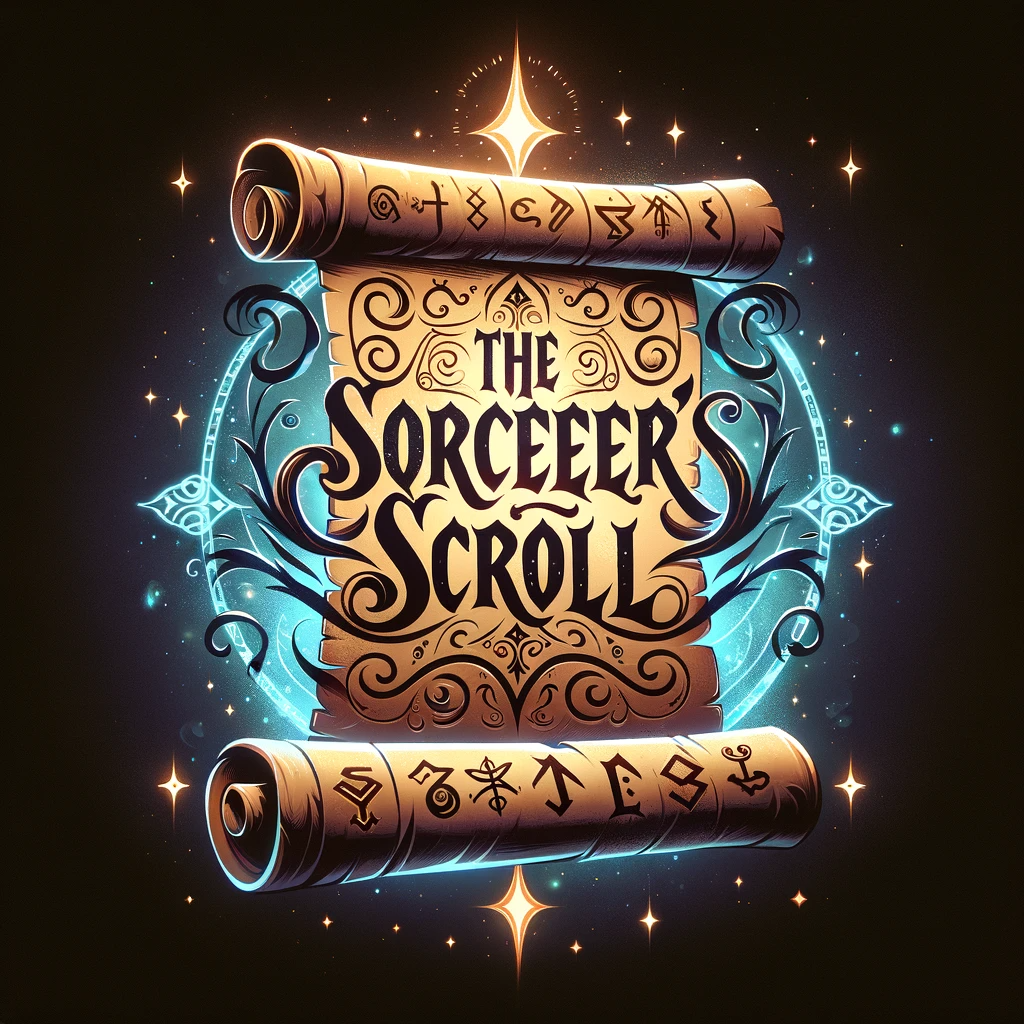Building a fantasy world is political. I didn’t know this when I started writing, and it’s something that I’ve researched and picked up along the way. Side note: I find it fascinating how much I learn by writing and how much I learn by researching writing topics.
This is straight from Wikipedia (not a trusted source, but a starting point that’s easy to understand):
Politics (from Greek: πολιτικά,
translit . Politiká, meaning “affairs of the cities”) is the process of making decisions that apply to members of a group.[It refers to achieving and exercising positions of governance—organized control over a human community, particularly a state.
From <https://en.wikipedia.org/wiki/Politics>
Types of government you might consider when building your literary world and the politics within:
- Total control by the people: Fascism
- Ruled by the people (or their elected officials): Democracy or Republic
- Ruled by a single person: A Dictatorship, Monarchy, Autocracy, or Tyranny
- Ruled by a single political authority: Totalitarian
- The state owns and operates industry: Communism
- Union of smaller states: Federation
- Ruled by a few (familial or faction based): Oligarchy
- Ruled by religion: Theocracy
Beyond these high-level governmental types, many sources get into deeper societal topics such as Libertarianism, Feudalism, and a few other topics. For this article, I’m limiting it to types of political systems.
What I’ve found is that you don’t necessarily need to be a Political Science wizard in order to love good politics. By the nature of politics, you create conflict within your story. So even if you don’t consider yourself a political person, you might still find that you enjoy some amount of politics. Shocking, right? Good sources of conflict within politics are themes around gaining power, inheriting power, and keeping power.
Some (a few) genres don’t have to worry about building politics at all. Off the top of my head, I’d put Contemporary Fiction, most Romance, and a good deal of Crime and Mystery novels in this category. Essentially, anything that takes place in the here-and-now, you have a built-in political system. However, if you’re talking about a different time (past or future) or place (planet or dimension), you most likely need to consider these elements–whether you intend to or not.
Ignoring works that are strictly written as political commentary, let’s look at some examples:
Margaret Atwood’s The Handmaid’s Tale
Dynamics between men and women aside, the politics in this story revolve around Theocracy.
Star Wars
True, this started on the screen, but the story is the point. While there are themes around family (father, son, brother, sister, etc.), there is a constant struggle over power–also symbolized through the force. But take note of “The Federation” and how that works with colonies from multiple planets and cultures working together to govern the galactic society.
Star Trek and Lord of the Rings
These two came to mind as I was writing this article, and I found another article that well summarizes the dynamics of politics in both of these works. That can be found here, but there are a couple of specific points, I’ll quote:
Hassler-Forest convincingly argues that the immersive and always-transforming transmedia world-building practices of science fiction and fantasy are particularly useful for negotiating the contradictory logic of global capitalism.
For example, he sees in Star Trek a tacit endorsement and celebration of global capitalism’s promotion of immaterial labor in the franchise’s technological utopian vision that relies on capitalist mythologies of “individualism, entrepreneurialism, and hierarchal authority.”
If you’re serious about studying this area, the article referenced here references this book: https://www.kobo.com/us/en/ebook/science-fiction-fantasy-and-politics. It’s on my list to study a little more as I dive deeper into my research around worldbuilding.
George R.R. Martin’s A Song of Fire and Ice series
The struggle for power within the monarchy of Westeros is the central theme to these books. As much is stated in the title of the first book: Game of Thrones.
Ursula K. L. Guin’s Always Coming Home
I personally have not read this work, and I need to give this author another try. In Spec Fic, she is widely held as a master. Unfortunately, the only book I’ve tried by her sits on my shelf unfinished. Maybe I’ll come back to it one day or maybe I’ll pick up another. But I bring this book up, because I read an essay by Brian Attebery entitled The Politics (If Any) of Fantasy (p. 15) that offers the following:

Final thoughts:
Attebery in closing made these comments (p. 23)

Here, I’d have to agree with him. Those, me included, who write fantasy are writing something that is other than reality. It’s why fantasy readers love the genres. Those speculations push us beyond what IS to what IS POSSIBLE. Or, to Le Guin’s comments, it pushes us to learn and develop the future by looking at where we have been. I don’t set out to write politics, but I found that it’s a built-in part of what I do. And as my prior study on worldbuilding, Worldbuilding 101: Logic, stated, people look for the logic in this aspect of your world. Some authors take this to new levels, but I’m not certain that’s required. Below I have a link to a simple one-page worldbuilding worksheet for considerations around politics:
Resources & Further Reading
If you’re interested in building out full political systems, you might want to check out this one:
Attebery, Brian. “The Politics (If Any) of Fantasy.” Journal of the Fantastic in the Arts 4, no. 1 (13) (1991): 7-28. http://www.jstor.org/stable/43308098.
Yockey, Matt. (2019). Dan Hassler-Forest, Science Fiction, Fantasy, and Politics: Transmedia World-Building Beyond Capitalism. [online] Available at: https://quod.lib.umich.edu/f/fc/13761232.0042.304/–dan-hassler-forest-science-fiction-fantasy-and-politics?rgn=main;view=fulltext [Accessed 12 Feb. 2019].

